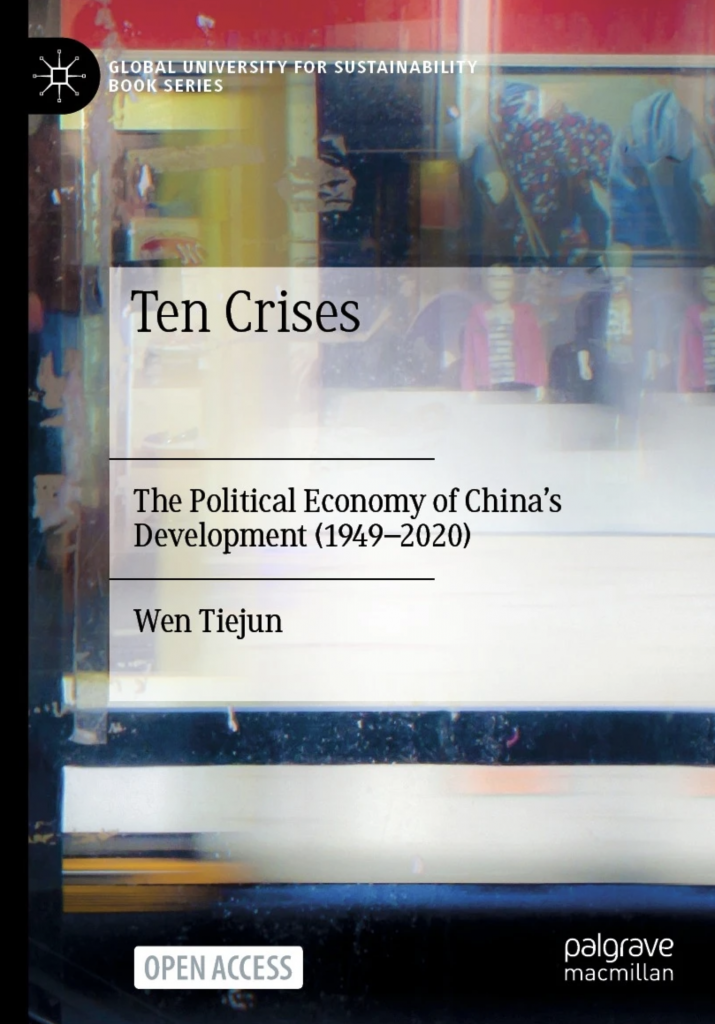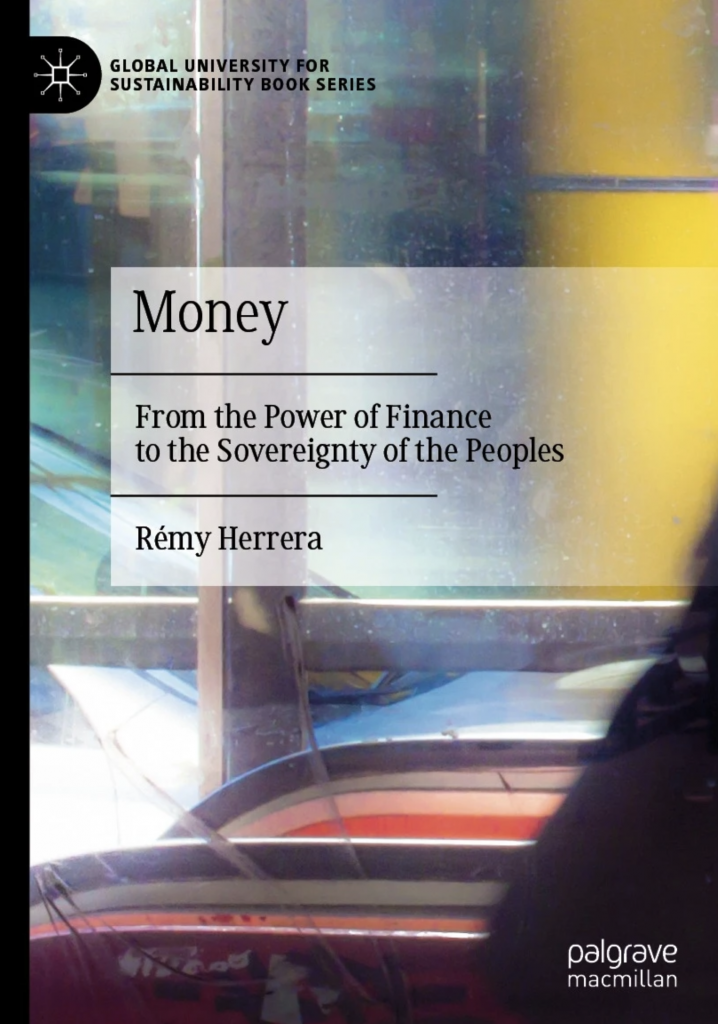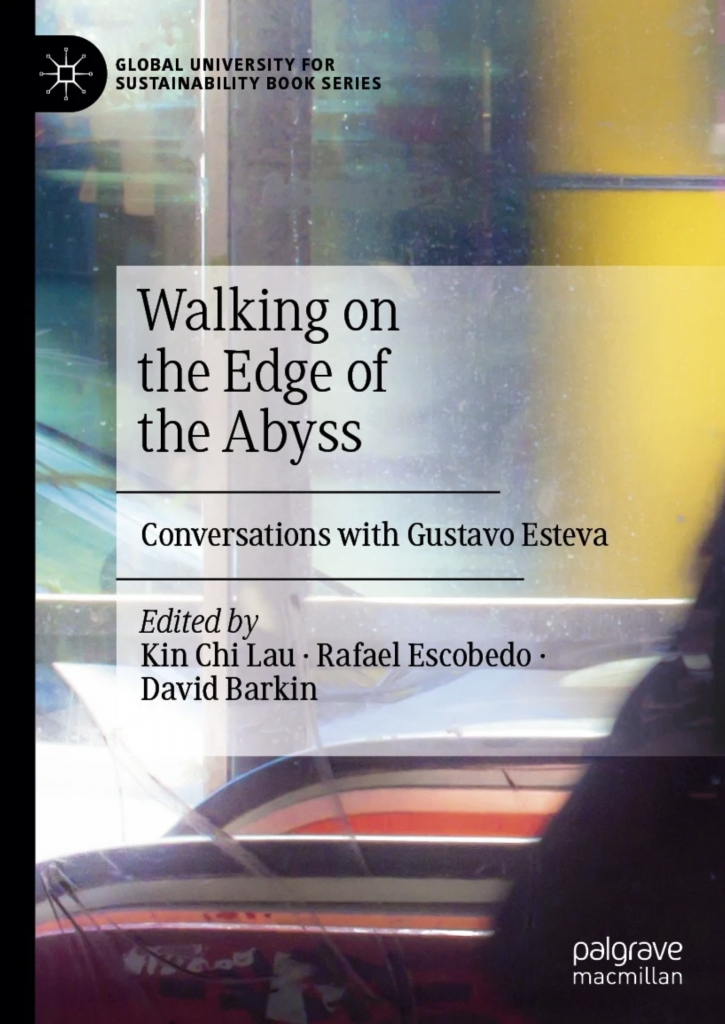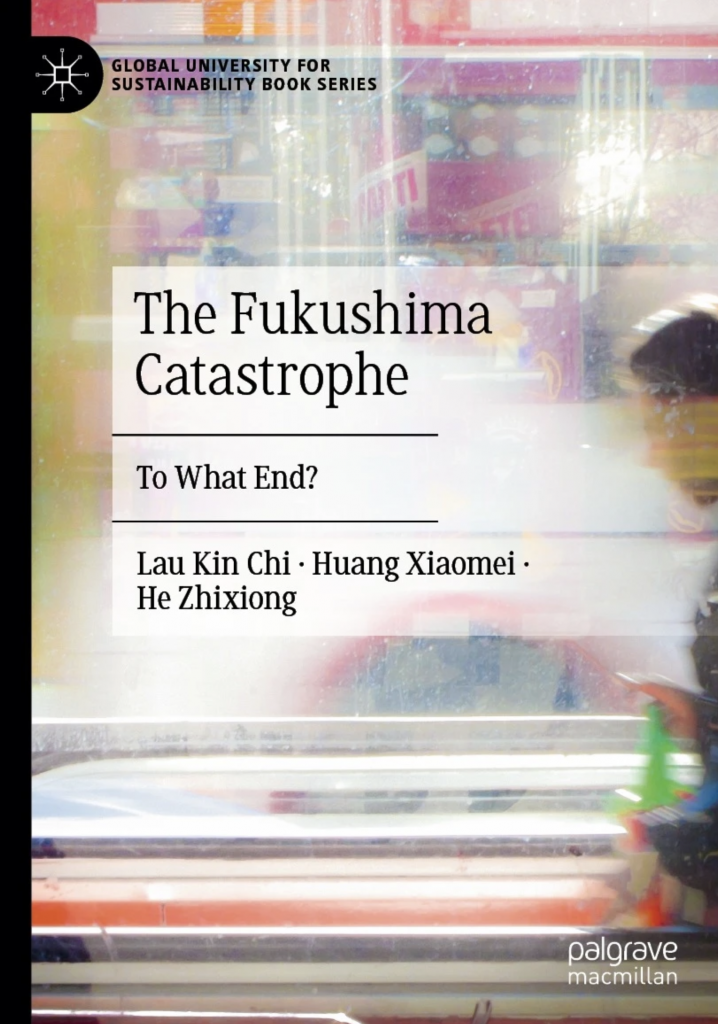Global University for Sustainability Book Series
Collaborator: Palgrave MacMillian
The book series aims to publish books and monographs drawing on the expertise of Global U Founding Members by offering a succinct analysis of global crises affecting the ecological, social, political and economic aspects, as well as to explore transformative visions and praxis for sustainability.
The three main categories falling under this series are:
-
General analysis (e.g., history of political economy of a country; issues of sustainability, nuclear disasters, energy crisis, pandemic, climate change); with a focus on China and the global south.
-
Biographies, autobiographies, or anthologies of eminent thinkers from around the world, especially from Asia, Africa, and Latin America, connecting their personal trajectories to their thoughts and the larger context.
-
Analysis and interpretation of on-the-ground experiences highlighting how local communities negotiate with economic and other forces impacting on them and organize in alternative ways.
More information about this series at https://www.springer.com/series/16706
Ten Crises:The Political Economy of China’s Development (1949-2020)(《十次危机:中国发展的政治经济学(1949-2020)》), by Wen Tiejun, Palgrave MacMillian, 2021.
This open access handbook, Ten Crises systematically traces the economic history of China from 1949 to 2020, unravelling the complex domestic and global factors leading to the cyclical crises identified by WEN and his research team, and examining the corresponding counteracting policies and measures by the government to resolve or defer the crises. The book offers profound insights into China’s endeavours and predicaments on the path of modernization, and contemplates opportunities and lessons for the forging of alternative trajectories not only for China but also for the global south: to reconstruct rural communities for integrated cooperation and governance, and to revitalize ecological civilization.
Free download: https://link.springer.com/book/10.1007/978-981-16-0455-3; https://our-global-u.org/oguorg/en/wen-tiejun-ten-crises/
Money: From the Power of Finance to the Sovereignty of the Peoples, by Remy Herrera, Palgrave MacMillian, 2022.
What is money, where does it come from, what is its purpose? Does it increase national and international inequalities? Rémy Herrera’s book analyzes how the changes in the capitalist world system have consolidated, over the last decades, the supremacy of the U.S. dollar, but also how this hegemony has recently been challenged, both by rising State resistance initiatives and by the emergence of crypto-currencies, which raises many questions. Reviewing the situation of each continent, this book invites us to debate the liberation from the dollar domination, as well as the future of the euro, that of the CFA and CFP francs, of the Cuban peso or of the Chinese yuan, among others, but also the means to take in hand our collective future by mastering money.
Buy at : https://link.springer.com/book/10.1007/978-981-19-2848-2
Walking on the Edge of the Abyss: Conversations with Gustavo Esteva, edited by Lau Kin Chi, Rafael Escobedo, and David Barkin, Palgrave MacMillian, 2023.
The book is a collection of essays written by Gustavo Esteva over the last 20 years. In this book, Gustavo Esteva, renowned in Mexico as a philosopher on education and on developmentalism, collects four major areas of his writings: on learning, development, autonomy, and interculturality. A memorial to a great thinker, this book stimulates thoughts on developmentalism across the global south.
Buy at : https://link.springer.com/book/10.1007/978-981-99-2325-0#about-this-book
The Fukushima Catastrophe: To What End? By Lau Kin Chi, Huang Xiaomei, and He Zhixiong, Palgrave Macmillian, 2023
Based on a variety of interviews with residents, farmers, scientists, journalists, and activists who have been affected by the Fukushima catastrophe, the authors underscore the personal, political, and humanitarian impacts in testimonies, science, and photos. The book engagingly addresses diverse issues that continue to haunt and persist and calls for collective responsibility to deal with the devastating environmental, economic, and social consequences of nuclear energy. The book offers a critique of the violent history of modernism and the supremacy of science that has been articulated into all forms of social injustice and ecological injustice.
Buy at : https://link.springer.com/book/10.1007/978-981-99-1956-7#about-this-book




